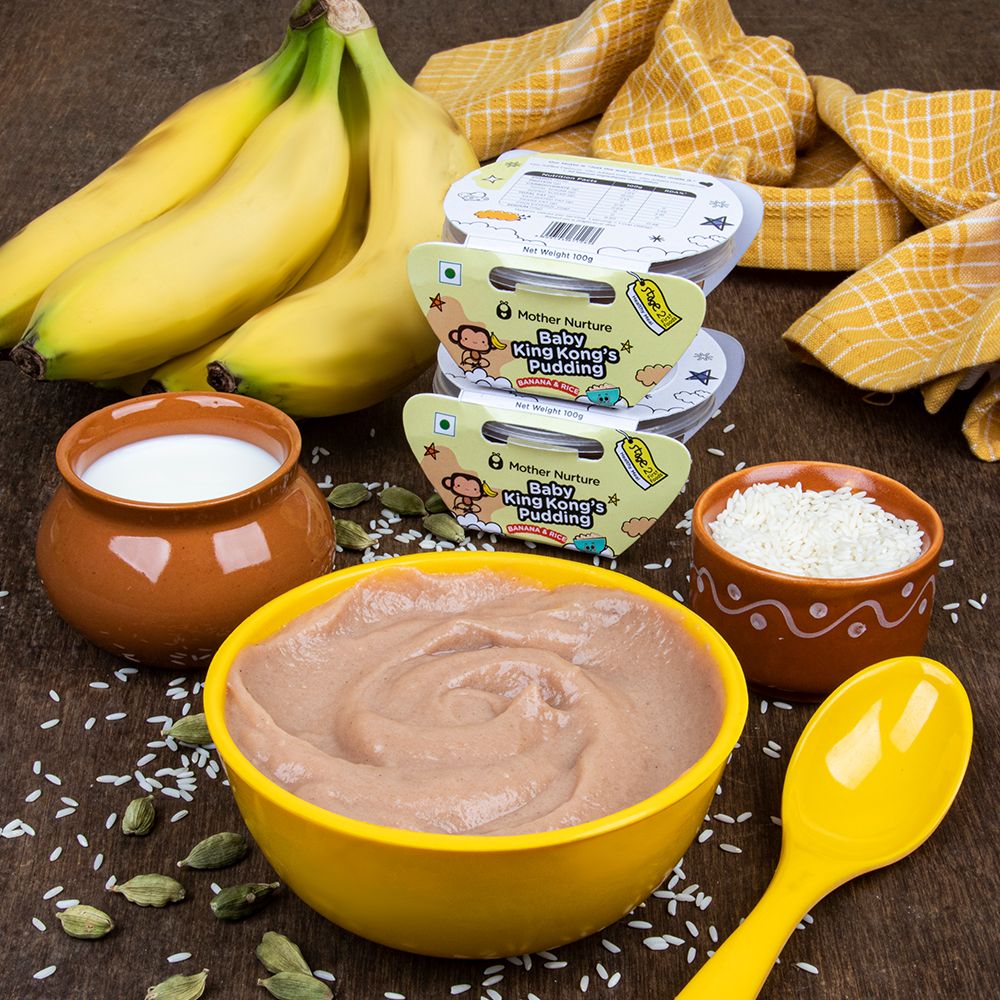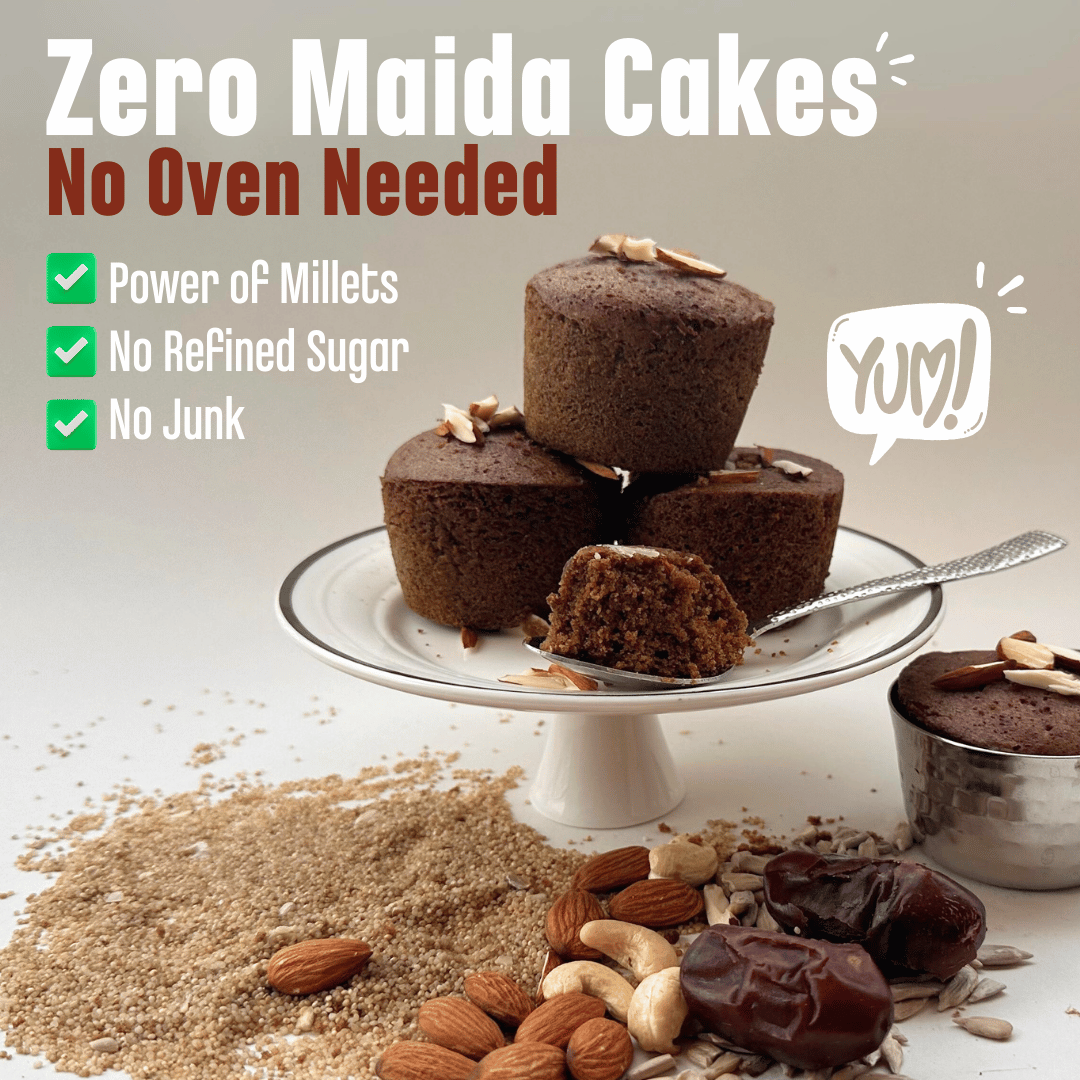Feeding and Nutrition Tips for Preschoolers

Feeding and Nutrition Tips for Preschoolers
Every parent wants their child to grow healthy, strong, and full of energy. But feeding a preschooler can often feel like a challenge. Some days they eat everything, while on other days they turn their face away even from their favorite foods. Understanding what nutrition is and how it supports your child’s body and mind is the first step toward improving their eating habits.
Nutrition simply means the process of getting the right balance of nutrients through food. It includes carbohydrates for energy, protein for growth, fats for development, and vitamins and minerals to keep the body strong. Good nutrition helps your child develop better concentration, immunity, and physical strength.
If your child is a fussy eater, you can occasionally use kids' nutrition drinks to fill small nutrient gaps. But the best nutrition will always come from fresh, home-cooked food.
As part of any good parenting guide, it is important to focus on creating a positive eating environment. Feeding is not just about food but also about habits, patience, and consistency. Whether you are reading parenting tips on a parent portal or searching for well-being tips in Hindi, the goal remains the same, to help your child develop healthy eating patterns that last a lifetime.
1. Set a Mealtime Routine
Preschoolers feel secure when they know what to expect. Try to serve meals and snacks around the same time every day. This helps regulate their hunger and prevents unnecessary snacking. Avoid giving snacks too close to mealtime. Leave at least one hour between snack and meal so that they arrive at the table hungry and ready to eat.
Make breakfast a daily priority. A simple breakfast like vegetable poha, fruit with yogurt, or a glass of milk with whole-grain toast gives your child the energy they need to start the day.
2. Offer a Variety of Foods
Children need variety to get all the nutrients they need. Each food group has a role to play in its growth. Offer grains, vegetables, fruits, protein, and dairy in different combinations through the day.
Here’s an example of a balanced meal plan for a preschooler:
Breakfast: Oats porridge with banana slices or whole-wheat pancakes with honey.
Lunch: Dal rice with a spoon of ghee and some cucumber salad.
Evening Snack: Early Food’s No Maida, No Refined Sugar Katori Cake from Lil Amigos Nest.
Dinner: Soft chapati with sabzi and a small bowl of curd.
The Katori Cake is an excellent example of a healthy treat. It is made with millets, jaggery, and natural ingredients instead of maida or refined sugar. This makes it a safe and delicious option for growing children.
3. Make Food Fun and Colorful
Children are more likely to eat food that looks interesting. You can use colorful fruits and vegetables to make meals appealing. Try arranging fruit pieces into smiley faces, animal shapes, or rainbows.
You can also use small cookie cutters to make sandwiches or chapatis into stars and hearts. Little touches like this make eating fun for them.
Serving food in small, divided plates can also help. When children can see all their food choices clearly, they feel more comfortable and in control of what they eat.
4. Involve Your Child in Food Preparation
Kids love helping, and when they are part of the process, they are more likely to eat what they made. Let them wash vegetables, stir the batter, or choose between two fruits. You can even take them grocery shopping and ask them to pick a new fruit or vegetable to try that week.
This gives them a sense of independence and helps them understand where their food comes from.
For a quick snack or on-the-go meal, try Mother Nurture Baby Puree available at Lil Amigos Nest. These purees are made from real organic fruits and contain no preservatives. They are ideal for travel or busy mornings when you need something healthy and convenient.
5. Choose Whole and Organic Foods
Avoid processed foods that contain maida, refined sugar, or artificial colors. These can affect energy levels and lead to mood swings or poor concentration. Instead, focus on whole and organic foods such as:
- Whole grains like oats, brown rice, and millets
- Fresh fruits and vegetables
- Natural sweeteners like jaggery or honey
- Homemade snacks like roasted makhana or vegetable idlis
Organic foods are safer and often taste better because they are free from harmful chemicals. Lil Amigos Nest offers a range of organic food products that are specially made for babies and toddlers.
6. Don’t Force Food
Many parents worry when their child eats less, but forcing them can make mealtime stressful. Instead, offer small portions and let your child ask for more if they’re hungry. Children usually know when they’ve had enough.
Keep introducing new foods regularly without pressure. Sometimes it takes several tries before a child starts liking something new. Be patient and calm.
7. Limit Junk Food and Sugary Snacks
It’s okay for your child to enjoy treats occasionally, but avoid making them a daily habit. Too much sugar can affect your child’s appetite and health. Replace candies and chips with natural options like dates, fruit slices, or homemade cookies made with millet flour.
If your child loves sweets, Early Food’s No Maida Katori Cake is a great substitute because it is made with whole ingredients and natural sweeteners. It feels like a treat but provides real nutrition.
8. Hydration Matters
Many parents focus on food but forget about water. Make sure your child drinks enough throughout the day. Water keeps digestion smooth and helps prevent fatigue. Avoid giving too many sugary drinks or juices. If your child finds plain water boring, you can try coconut water, lemon-infused water, or milkshakes made from natural fruits.
9. Practice Positive Mealtime Habits
Children learn by watching. Eat together as a family whenever possible. Avoid distractions like TV or phones during meals. Talk about the food, its color, and its taste. This helps children build a positive relationship with food and learn table manners naturally.
You can also give small praises when your child tries new foods. Encouragement goes a long way in shaping long-term habits.
10. Sample Healthy Recipes for Preschoolers
Here are a few easy recipes that are both healthy and delicious:
a. Millet Banana Pancakes
Mash one ripe banana and mix it with millet flour, a little jaggery, and milk. Cook small pancakes on a non-stick pan with ghee. Serve warm with a drizzle of honey.
b. Vegetable Poha
Use flattened rice, chopped carrots, peas, and onions. Cook with a bit of ghee and mustard seeds. It is light, filling, and full of nutrients.
c. Fruit and Yogurt Parfait
Layer chopped fruits, yogurt, and granola in a glass. This colorful dish is packed with protein and fiber.
d. Katori Cake by Early Food
Perfect as a snack or dessert, this millet-based cake is made without maida or refined sugar. It’s available at Lil Amigos Nest and ideal for parents who prefer clean, organic snacks.
e. Mother Nurture Baby Puree
For a quick, ready-to-eat option, try the fruit purees by Mother Nurture. They are made with 100% organic ingredients and contain no artificial preservatives.
11. Be Patient and Keep Trying
Preschoolers can be unpredictable when it comes to food. There will be good days and bad days. Stay consistent and patient. Keep offering healthy foods in different forms. Over time, your child’s taste and habits will grow naturally.
Remember that the goal is not perfection but progress. Focus on making every meal a small step toward a healthy, balanced diet.
Feeding preschoolers is both a challenge and a joy. When you understand what nutrition is and follow simple parenting tips, mealtime can become a positive experience for both you and your child. Offer variety, encourage participation, and choose organic foods whenever possible.
Lil Amigos Nest offers thoughtful, nutritious options like Early Food’s No Maida, No Refined Sugar Katori Cake and Mother Nurture Baby Puree, which make healthy eating simple and convenient. Combine these with your daily routine, and you’ll see how your child’s health and happiness grow with every meal.
























Please complete your information below to login.
Sign In
Create New Account